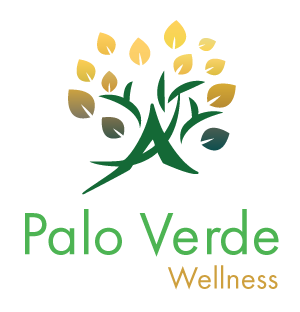Opioids are commonly prescribed pain medication; unfortunately, they have a high addiction rate. The pain-numbing effects of the drug create a sense of euphoria that many who use it cannot get enough of once they start taking it. The more the drug the user takes, the higher their tolerance. They need more to get high, which becomes a vicious cycle they cannot stop. Drug addiction of any kind takes over and impacts every part of a user’s life. For those looking to stop using the drug, the withdrawal symptoms can be severe, and opioid addiction treatment at a professional drug treatment center is recommended to stop using the drug and have the best chance of avoiding a relapse.
The Opioid Epidemic
According to the US Dept of Health & Human Services, the opioid crisis in the United States is considered a public health emergency. Opioid abuse accounts for tens of thousands of deaths annually across the country. The addiction to the drug does not discriminate, and more than a third of the deaths are from an opioid prescribed by a doctor.
Even with the obvious dangers of using the drug, opioids continue to be prescribed at an alarming rate. They are a go-to drug for pain management following an injury, surgery, or serious illness.
Thankfully, opioid addiction treatment programs are available throughout the country to help people who have fallen victim to the allure of opioids. Treatment can vary by facility and is catered to each person and their needs. Treatment may come in the form of inpatient, outpatient, and aftercare programs, as well as experiential therapies to treat the mind, body, and soul.
Signs of Opioid Abuse
Recognizing the signs of opioid abuse is the first step in getting the help you need. This could be looking at yourself and your habits or those of a loved one you think may be abusing opioids. Most of the signs you should be on the lookout for indicating uncharacteristic behavior. Red flags and things that seem out of the ordinary should make you think twice about your own – or a loved one’s – behavior. It’s human nature not to want to admit you have a problem, but when it comes to addiction, this is a matter of life or death.
Here are some common signs to look out for that could signal opioid abuse:
- Uncharacteristic changes in mood
- The person is noticeable depressed and/or anxious
- You notice extreme highs and extreme lows in their behavior
- They easily become irritable
- Sneaky or deceitful behavior, including theft
- You find prescriptions that are not theirs
- Letting responsibilities fall to the wayside and receiving poor feedback at work or school
- They avoid going out socially, and you find them by themselves more and more
In addition, someone abusing opioids can experience adverse physical and mental health symptoms, including:
- Respiratory or heart issues
- Spasms or seizures
- Vomiting or diarrhea
- Constipation
- Sweating
- Unexplained rashes
- Memory loss
- Visions or delusions
- Paranoia
Palo Verde Wellness Can Treat Opioid Use Disorder
Treatment for opioid addiction can be successful when done right through an accredited treatment facility. Medically supervised detox is the safest route as the first stage of treatment. This is followed by inpatient or outpatient treatment programs. Combining evidence-based and experiential therapies makes for a well-rounded, person-centered approach. Aftercare is also very important to ensure that the affected individuals have the tools and support they can carry to recover outside a treatment facility.
At Palo Verde Wellness, we offer:
- Cognitive-behavioral therapy (CBT)
- Dialectical behavior therapy (DBT)
- Motivational therapy
- Group therapy
- Meditative therapy
- Motivational interviewing
- Alumni program
Don’t wait for the answers you need today about opioid addiction treatment. Call the Palo Verde Wellness treatment team at 760-359-2180 to speak with our caring and professional associates who understand the treatment and recovery process firsthand.

